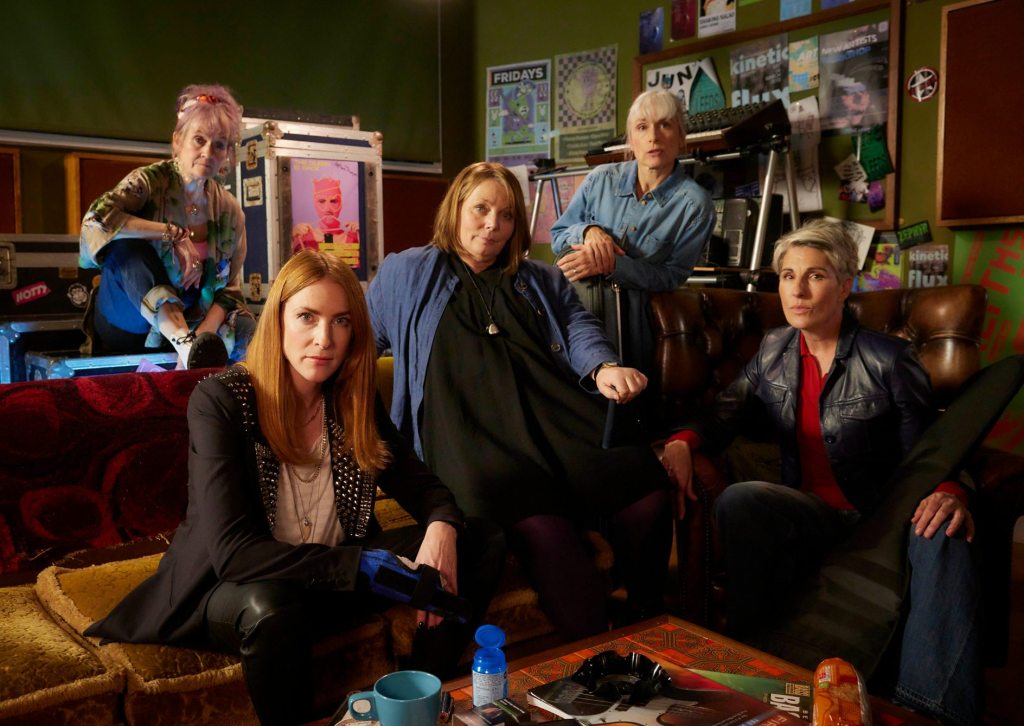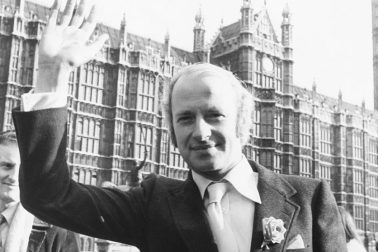Cardinal Robert Sarah from Guinea in West Africa has been named among the potential successors to Pope Francis and the prospect is sending a jolt through the French establishment. He has accused the West of betraying its Christian roots and described mass migration as a form of ‘self destruction’. He has spoken of immigration as a ‘new form of slavery’ created by Europe’s failure to defend its identity and has called on young Africans to remain in their own countries and build their futures at home. In 2021, during an interview on French radio, he made one of his most quoted comments: ‘If Europe continues in this way, it will be invaded by a foreign population.’ In today’s France, those words land like a grenade. The unease at the Élysée is palpable.
Sarah is a long shot. At 79 years old, he loses his conclave voting rights in June, and his combative stance has made him a divisive figure in Rome. But among conservative Catholics, particularly in France, he’s become a hero. His uncompromising defence of tradition, his attacks on secularism, and his denunciation of what he calls the West’s moral collapse have turned him into a cultural force. He is lionised on traditionalist platforms, quoted approvingly by right-wing politicians, and treated by some as the spiritual antidote to everything Pope Francis came to represent.
Nowhere is Sarah’s message more incendiary than in France. With over 10 per cent of its population born abroad, deepening tensions over immigration, and a secularism that’s increasingly under strain, France is a tinderbox and Cardinal Sarah’s rhetoric is a match. His warnings about the ‘self destruction’ of Europe echo the anxieties of millions of French voters who feel alienated by Macron’s globalist instincts and tone-deaf moralising. Sarah’s call for Africans to ‘stay and build’ rather than migrate has particular force in France, a country grappling with its post-colonial identity and its millions of immigrants from Africa. The fact that these views come not from a white nationalist but from a black African cardinal makes them even more dangerous to the progressive narrative.
Emmanuel Macron has tried to balance humanitarian rhetoric with occasional promises of tougher border controls, aiming to please both left and right. Under Macron legal and illegal immigration has continued unabated. His 2023 immigration Bill, meant to tighten entry rules and regularise undocumented workers, fractured his own parliamentary alliance. The political fallout has deepened discontent, and the right has surged. Into this fragile landscape steps Cardinal Sarah, saying that mass migration is not a problem to be managed, but a civilisational threat.
Standing opposite Sarah in both tone and theology is Cardinal Jean-Marc Aveline, the Archbishop of Marseille and France’s leading ecclesiastical progressive. Aveline has built his career around interfaith dialogue, migrant outreach, and the kind of pastoral language that glides smoothly through Davos panels and Vatican press releases. When Pope Francis visited Marseille in 2023, Cardinal Aveline hosted him, turning the trip into a public celebration of diversity and the Church’s commitment to migrants. Aveline has been described as the ‘French Francis’.
France may only have five voting cardinals in the conclave, but its influence inside the Vatican runs deep. What happens in France often sets the tone for broader Catholic debates. The contrast could not be starker. Where Aveline speaks of ‘fraternity’ and ‘inclusion,’ Sarah warns of collapse and invasion. Where Aveline sees the Church as a bridge between cultures, Sarah sees it as a defence against cultural erosion. Aveline offers the progressive establishment a Catholicism which is soft, inclusive, and deferential to secular authority. Sarah offers no such comfort. His vision of Christianity is militant, unyielding, and rooted in truths the modern West would rather forget. Sarah and Aveline are avatars of a deeper struggle.
The ideological battle between Sarah and Aveline reflects the fracture running through French society, between a secular progressive elite centred in Paris, and a more traditional electorate in the provinces. Macron’s carefully cultivated image as a centrist moderniser is precisely what Sarah’s rhetoric exposes as hollow. France remains officially secular, yet Sarah’s message resonates in a country where Catholic churches are emptying out, the number of mosques is growing, and every political campaign seems to pivot on what it means to be French. Sarah is saying that France’s immigration model has failed. He argues that what’s at stake is not just compassion, but the survival of France’s cultural identity.
In all likelihood Cardinal Sarah won’t be pope. His open clashes with Pope Francis’s doctrine, and his hardline views make him a non-starter. But what will work in Sarah’s favour, at least symbolically, is the growing view that the next pope should come from the ‘Global South’. With Catholicism in sharp decline in Europe and thriving across much of the African continent, many argue the next pope should be African. Sarah’s candidacy may speak to a Church that knows its future lie more in Lagos than in Marseille.
But whatever happens, Cardinal Sarah is already setting the terms of the debate on immigration, on identity, and on the soul of the West. His has tapped into a deep unease that the establishment can't silence. While Cardinal Aveline reassures the Paris elite, Cardinal Sarah speaks to a France that fears it is being replaced. Although the conclave will almost certainly pass Cardinal Sarah by, his message will echo long after the white smoke clears.









Comments